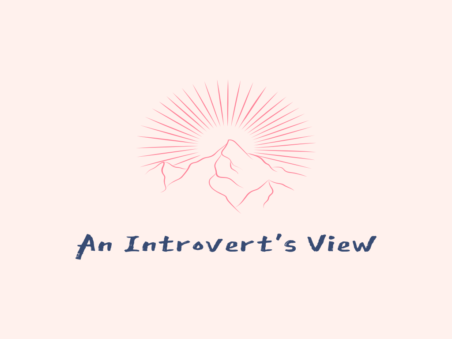5 healthy ways to deal with painful emotions

“Your emotions make you human. Even the unpleasant ones have a purpose. Don’t lock them away. If you ignore them, they just get louder and angrier.”
-Sabaa Tahir, A Torch Against the Night
Humans are emotional beings. We are taught from a young age how to take care of ourselves physically, but mental and emotional health is not something that most parents are versed in enough to teach their children.
I know that I am lacking when it comes to dealing with emotions, especially negative ones. Feeling emotional pain is hard and it hurts… a lot. Nobody wants to hurt or feel pain, so we ignore or dismiss our emotions, or we try to numb them with a myriad of different things. Alcohol, drugs, self harm, over-eating, not eating enough, to name a few of the unhealthy things human beings do, to not feel our feelings.
By engaging in these negative behaviors, we think that we’re making the pain less, but we are actually making it worse. We need to find healthy ways in which to deal with difficult and painful emotions.
6 healthy ways to deal with painful emotions
1. sit with your emotions

It’s okay to just sit with how you’re feeling and not try to get rid of the pain. It’s also helpful to tell yourself that it’s okay to feel how you’re feeling. You have a right to feel how ever you do. Validate your emotions, instead of talking yourself out of them. Accept and don’t fight what is going on inside of you.
2. belly breathing

- Put your hand on your stomach and inhale slowly.
- Imagine a balloon in your belly filling up and inhale until it’s very full.
- Put your hand on your heart and feel it for 5 seconds.
- Let your breath out slowly for 10 seconds, until your stomach feels flat.
- Repeat this 4 or 5 times.
3. Try the 90 Second Resilience Exercise

According to Dr. Jill Bolte Taylor, Harvard brain scientist, “90 seconds is all it takes to identify an emotion and allow it to dissipate while simply noticing it. When you’re stressed, pausing 90 seconds and labeling what you are feeling tamps down activity in the amygdala, calms the brain and helps you regain control.”
According to her studies, when a person reacts to something in their environment there’s a 90 second chemical process that happens in the body, after that, any emotion that is left is just the person choosing to stay in the emotional loop.
Her ninety second resilience exercise consists of practicing mindfulness. Bring your attention to the present moment and feel the emotion. Don’t judge it and accept what you’re feeling. This helps the emotions move through us quickly.
Our emotions are like ocean waves. They rise, crest and recede all day long. The whole process for each wave takes about 90 seconds. Observe each one and then ride it out without trying to change it.
The most important thing is to observe and accept your emotions. You get an emotional workout when you do this over and over. If you continue to do it, over time, you will build emotional resilience.
4. process your feelings

- Let yourself cry – There is nothing wrong with crying, it’s actually good for you!
- Punch a pillow
- Rip a piece of paper into small pieces
- Write a letter to the person who upset you, then rip it up and throw it away.
5. Do something to boost your mood

- Play or snuggle with a pet
- Watch a funny YouTube video or Tik Tok.
- Read the story of someone that you admire for inspiration.
- Organize something
- Exercise
- Write a list of places that you would like to travel.
I hate to break it to you, but you are always going to have challenges and problems in your life that will cause you to feel painful emotion. This is part of our human experience. The trick is not to run away from these feelings, but to deal with each one in a healthy way. I hope that this blog has given you some helpful ways in which to do that. Take care and remember that you are amazing!
You may like some of my other blogs:
Subscribe to my blog and brighten up your inbox:
5 healthy ways to deal with painful emotions Read More »











